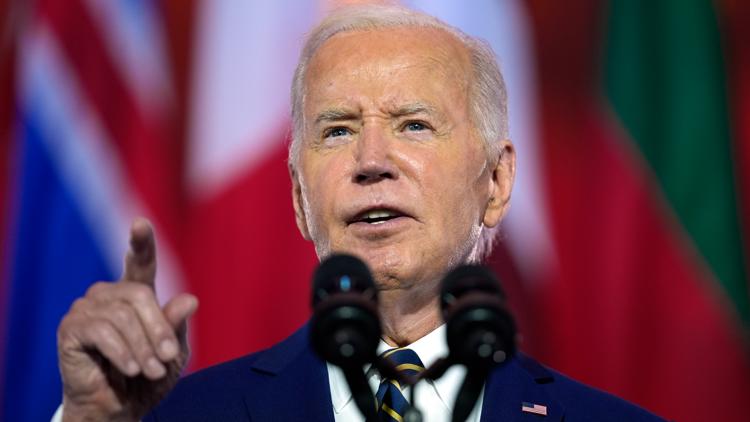
The Biden Administration Imposes Tariffs on Steel and Aluminum from Mexico
The Biden administration has taken a bold step in imposing tariffs on steel and aluminum shipped from Mexico that were made elsewhere. This move is seen as a strategic measure to prevent China from avoiding import taxes by routing goods through Mexico, one of the United States’ closest trading partners. It is also a clear political shot at Donald Trump for not addressing this issue during his presidency ahead of November’s election.
Lael Brainard, director of the White House National Economic Council, announced the tariffs as part of an agreement with Mexico under section 232 of the Trade Expansion Act. These tariffs, which include a 25% tariff on steel and a 10% tariff on aluminum, aim to tackle the evasion of tariffs by China and other countries like Belarus, Iran, and Russia.
While the financial impact of these tariffs may be modest due to the volumes of steel and aluminum being routed through Mexico, the political implications are significant. Sen. Sherrod Brown, D-Ohio, has raised concerns about the surge in Mexican steel imports, labeling it as a threat to U.S. steelworkers and a means to evade tariffs. This issue could have ramifications in the upcoming election, particularly in Ohio, a state that has voted for Trump in the past two presidential elections.
The implementation of these new tariffs marks a proactive approach by the Biden administration to close loopholes left by the previous administration and uphold trade rules. It sends a strong message to China and other countries engaging in similar practices, emphasizing the importance of fair trade practices and protecting American industries.
Overall, the announcement of these tariffs signifies a shift towards enforcing trade regulations and protecting national security interests, setting the tone for a more assertive trade policy under the Biden administration.

